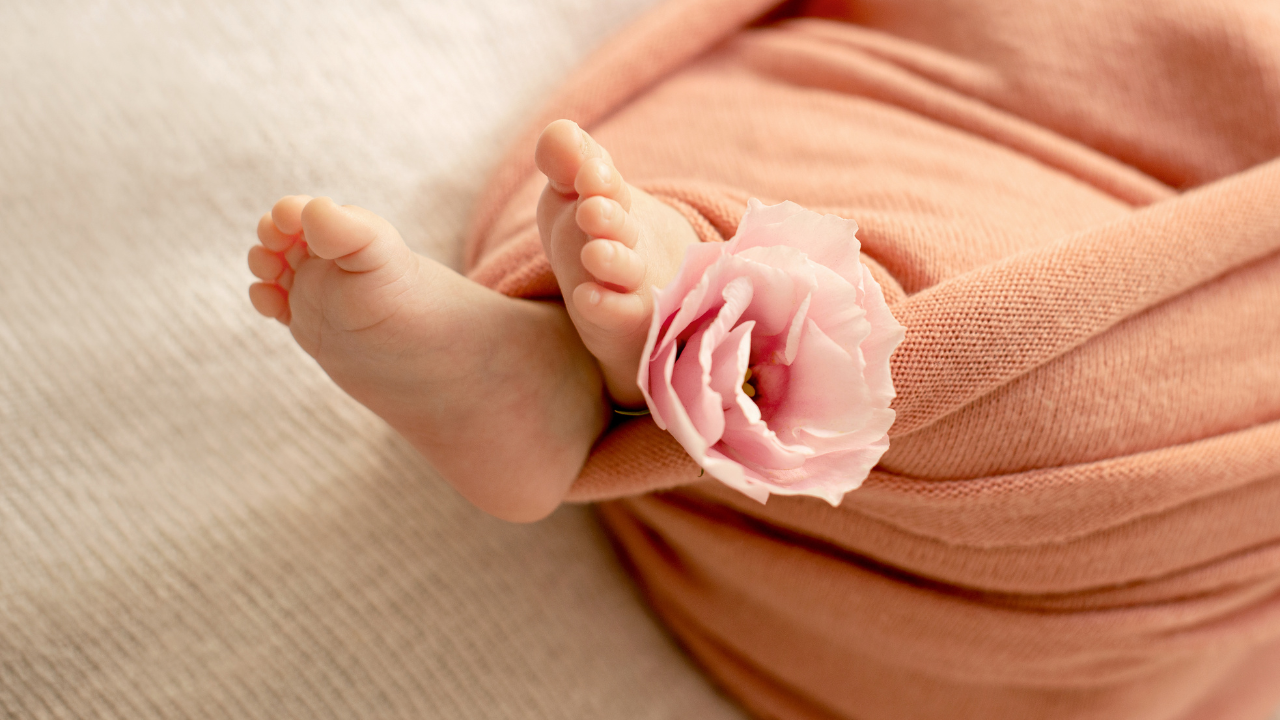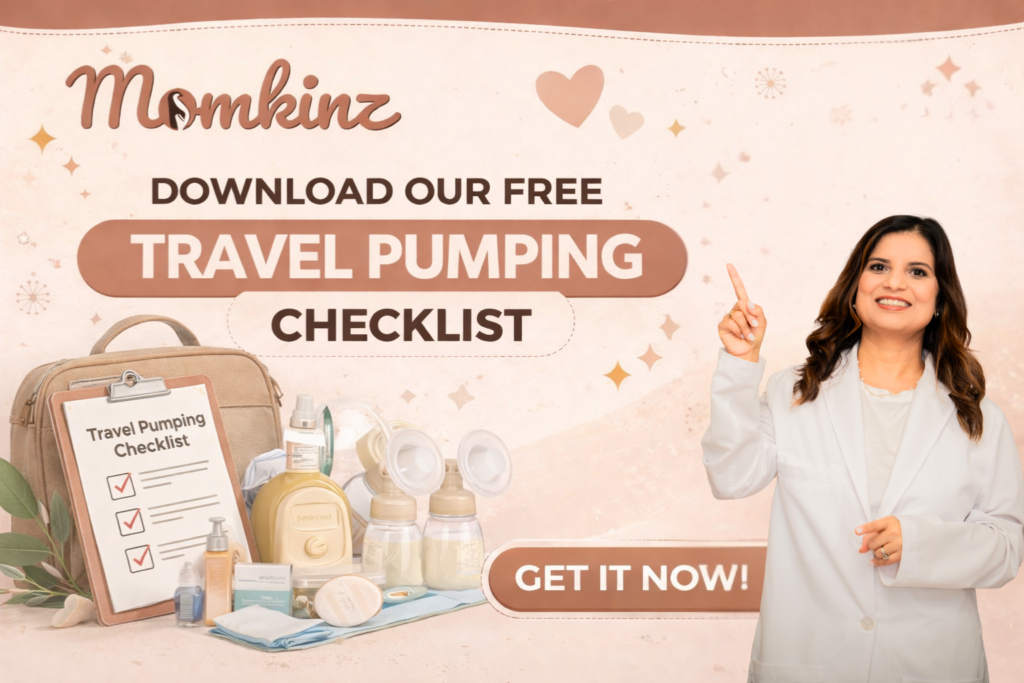Transitioning from Birth Warrior to Postpartum Recovery: Expectations vs. Reality in the First 48 Hours
You did it. You gave birth to the most physically demanding, emotionally raw, and spiritually profound experience of your life. You’re a birth warrior. But as the delivery room fades and the hospital lights stay bright, the question hits you: Now what?
The first 48 hours after childbirth are filled with intense change. Your body is healing, your hormones are shifting, and you’re expected to start bonding, feeding, and functioning, all while running on almost no sleep. The truth? What no one talks about is how fast that shift from delivery to “recovery” really feels.
This guide helps you understand what to expect vs. what’s real in those first critical days and how to support your postpartum recovery with clarity, compassion, and support.
What to Expect in the First 48 Hours After Delivery
Here’s what many women expect based on birth classes, movies, or well-meaning advice:
- You’ll be flooded with love and joy.
- Breastfeeding will just happen.
- You’ll rest peacefully while nurses help.
- Pain will fade quickly, and recovery will begin.
But here’s what reality often looks like, and it’s all normal.

What Actually Happens in the First 48 Hours After Birth
1. Hormones Go Haywire
Right after delivery, estrogen and progesterone levels crash, while prolactin and oxytocin rise to help with milk production and bonding. This massive hormonal shift can trigger:
- Mood swings
- Crying spells (aka the “baby blues”)
- Anxiety and emotional sensitivity
This is not a weakness. It’s biology
2. Bleeding & Uterine Cramps
You’ll experience lochia vaginal bleeding that can be heavy at first. The uterus is shrinking back to its normal size, which causes afterbirth pains that can feel like intense menstrual cramps, especially if you’re breastfeeding.
- Breastfeeding Isn’t Always Instant
Colostrum, your first milk, is thick and golden, but babies don’t always latch easily. You might need help from a lactation consultant, and that’s totally okay. Your milk usually “comes in” between day 2 and day 5.
4. Physical Exhaustion Is Real
You’ve just run a marathon. Your muscles are sore, your body aches, and adrenaline has worn off. Rest is critical, yet sleep can be elusive with hourly vital checks, feedings, and adrenaline still surging.
5. Emotional Whiplash
Some moms feel an immediate attachment to their baby. Others feel numb, shocked, or detached. Both are normal. Bonding takes time, especially after a difficult labor or cesarean.
How to Support Your Postpartum Recovery in the First 48 Hours
1. Rest and Sleep — However You Can
Even 20–30 minute naps between feedings help reset your brain and hormones. Don’t be afraid to ask for the baby to go to the nursery (if available) so you can rest.
2. Nourish Your Body
Choose healing foods high in iron, protein, and healthy fats:
- Leafy greens, sweet potatoes, bone broth
- Salmon, chia seeds, and oatmeal for milk support
- Stay hydrated, especially if breastfeeding
3. Prioritize Emotional Support
Your emotions might swing wildly. Cry if you need to. Laugh if you can. Speak up. Ask to see a therapist, doula, or even just talk to your nurse or partner.
- Get Help with Breastfeeding Early
Latching issues in the hospital don’t mean you’re failing. Ask for a lactation consultant to visit before you go home. Many hospitals have 24-hour lactation support.
5. Move — Gently
Get out of bed with support as soon as you’re cleared. It helps prevent blood clots, improves circulation, and starts the healing process. But don’t overdo it. Listen to your body.
FAQs: Your First 48 Hours After Birth, Answered
1. Is it normal to cry a lot after giving birth?
Yes. The sudden drop in pregnancy hormones, especially estrogen, can cause mood swings and crying spells. This is often called the “baby blues” and usually peaks around day 3. If it lasts longer than two weeks or feels overwhelming, it could be postpartum depression, and support is available.
2. When will my milk come in after birth?
Most moms experience their milk “coming in” around day 2 to day 5. You’ll start with colostrum (thick, golden milk), followed by increased volume as prolactin rises. Breastfeeding support in the hospital can help this process go more smoothly.
3. How much bleeding is normal after delivery?
Vaginal bleeding, known as lochia, is completely normal and can be heavy at first, similar to a very strong period. It should gradually lighten over the first few days. If you’re soaking a pad in under an hour or passing large clots, alert your care provider immediately.
4. Can I get out of bed and walk after giving birth?
Yes, once cleared by your provider, gentle movement (like standing, walking to the bathroom) helps circulation and healing. But go slowly, especially after a cesarean birth or if you’re feeling weak.
5. What kind of help can I ask for during my hospital stay?
Ask for a lactation consultant, pain management options, newborn care demonstrations, or even someone to help you shower. You can also ask for the baby to go to the nursery so you can rest. You’re allowed to ask for what you need; your recovery matters too.
What New Moms Need Most: Support Over Perfection
After childbirth, the world may expect you to “bounce back” — physically, emotionally, and socially. But here’s the truth: you don’t need to bounce back. You just brought life into this world. You deserve to heal forward, not rush back.
You don’t need to:
- Have the perfect feeding schedule.
- Smile through every diaper change and sleepless night.
- Feel instantly bonded with your baby.
- Have your home clean or your body “back.”
What you need is something far more important and far more real.
You need:
A Safe Space to Heal
A place where you’re allowed to be vulnerable. A space where you’re not expected to entertain, explain, or pretend. Healing isn’t linear. Some days you’ll feel strong; other days, fragile. And that’s okay. You deserve to be held physically, emotionally, and mentally as you recover and rebuild.
A Support System to Lean On
Whether it’s someone helping with laundry, a professional guiding you through breastfeeding, or another mom whispering “me too” when you feel overwhelmed, support makes the difference between surviving and thriving. Every mother deserves a village. Not for luxury, but for survival, rest, and sanity.
The Freedom to Be Messy, Honest, and Human
Postpartum is not filtered. It’s raw, real, and often lonely. You deserve the freedom to say “I’m not okay” without shame. To be heard, not judged. To be cared for, not compared.
This Is Where Momkinz Comes In
At Momkinz, we believe no mother should ever feel alone in her postpartum journey. We created this platform as a safe, nonjudgmental, mom-centered space where you can:
- Find postpartum doulas, therapists, and lactation consultants.
- Book services and support without leaving home.
- Connect with a community that gets it because they’ve been there too.
- Get expert-backed guidance with zero pressure to be perfect.
Whether you’re 2 hours postpartum or 2 months in, Momkinz is your village available on your phone, in your corner, and designed to support you. Because what new moms need most isn’t advice to “get back to normal.” It’s the reminder that you’re already enough and you deserve support to heal fully, not perfectly.
Give Yourself Grace in the Early Hours
The first 48 hours are raw, real, and often nothing like the movies. You’ve given birth; that is more than enough. Whether you’re joyful, weepy, in awe, or overwhelmed, you are becoming a mother, and that takes time.
Sleep. Cry. Ask for help. Accept love.
And know that healing isn’t linear, but support makes it lighter.
Ready to Find the Support You Deserve?
Whether you’re looking for:
- Postpartum support in Raleigh, NC
- Lactation consultants in Charlotte
- Doula services in Durham
- Postpartum therapy in Cary, NC
Momkinz is the easiest way to find trusted, local, and expert help.




